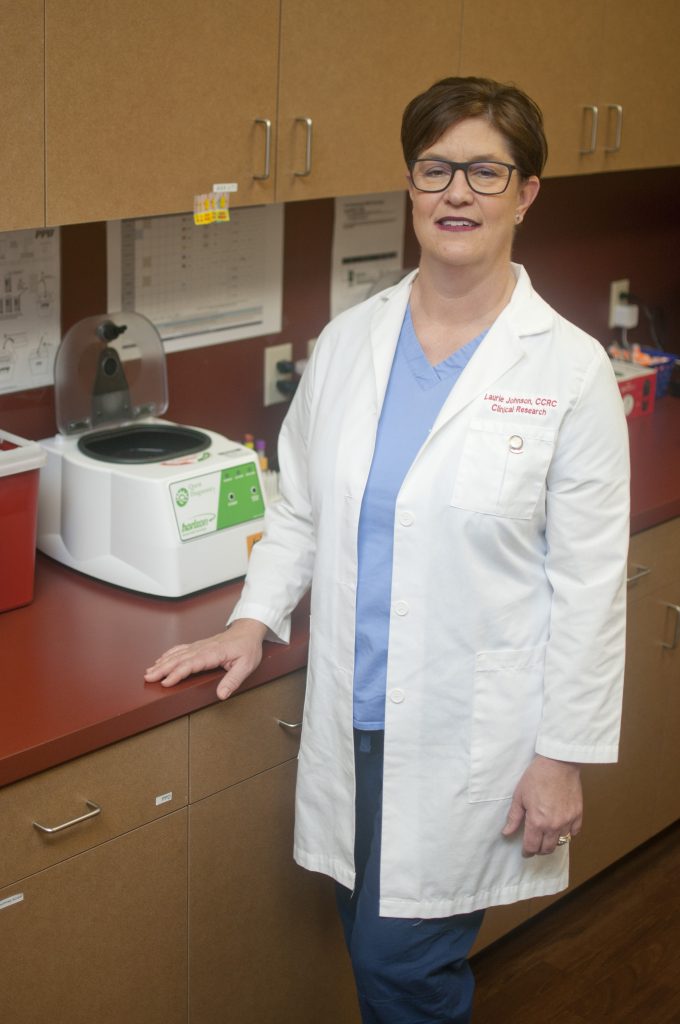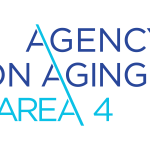Menopause marks the end of a woman’s reproductive years (and no more monthly periods). Typically beginning between the ages of 45 and 50, this natural, biological process can come with symptoms—such as mood swings, weight gain, reduced libido and sudden hot flashes—that can be difficult for many women to navigate. For those suffering from symptoms, there is help.
“There are so many different types of treatments,” says Laurie Johnson, site director and certified clinical research coordinator with Northern California Research. “Prescription medications such as hormone replacement therapy (and) some antidepressants have shown some relief. But realistically, a hormone replacement is an effective (way) of replacing what is missing.”

Hot flashes, one of the more common symptoms, can range from mild to severe, involve a sudden sensation of heat in the face, neck, chest or all over the body, and often include heavy sweating. Severe hot flashes can impact a woman’s daily life and disrupt nightly sleep schedules.
“All women are different and there is no way to tell how menopause will effect one person,” explains Johnson. “With severe hot flashes, there is generally issues with sleep; hot flashes don’t go to bed when you do. Sometimes you are changing your sheets daily because of being soaked through the night. It can be a stage in life that creates challenges with a spouse as well.”
Northern California Research is currently conducting a clinical trial to develop an extremely low-dose estrogen hormone replacement. Eligible female subjects must be at least one year into menopause and experience at least one hot flash a day. Subjects must be in menopause naturally, meaning no full or partial hysterectomy.
With sign-ups open now, the trial is slated to run 13 months and will require eight visits to the clinic for physical examinations and lab testing. No medical insurance or payments are required for treatment and subjects can be compensated for time and travel.
According to the Mayo Clinic, hormone therapy can help prevent bone loss and reduce the risk of fractures. However, depending on age, health history, type and dosage, hormone therapy can increase the risk of other serious conditions.
“Estrogen therapy is the most effective treatment option for relieving menopausal hot flashes.”
Laurie Johnson
Site director and certified clinical research coordinator, Northern California Research
“Long-term use of hormone therapy may have some cardiovascular and breast cancer risks, but starting hormones around the time of menopause has shown benefits for some women,” Johnson says. “Estrogen therapy is the most effective treatment option for relieving menopausal hot flashes. Depending on your personal and family medical history, your doctor may recommend estrogen in the lowest dose and the shortest time frame needed to provide symptom relief for you.”
For more information and how to take part in this clinical trial, visit www.northerncaliforniaresearch.com or call 916-484-0500.




























